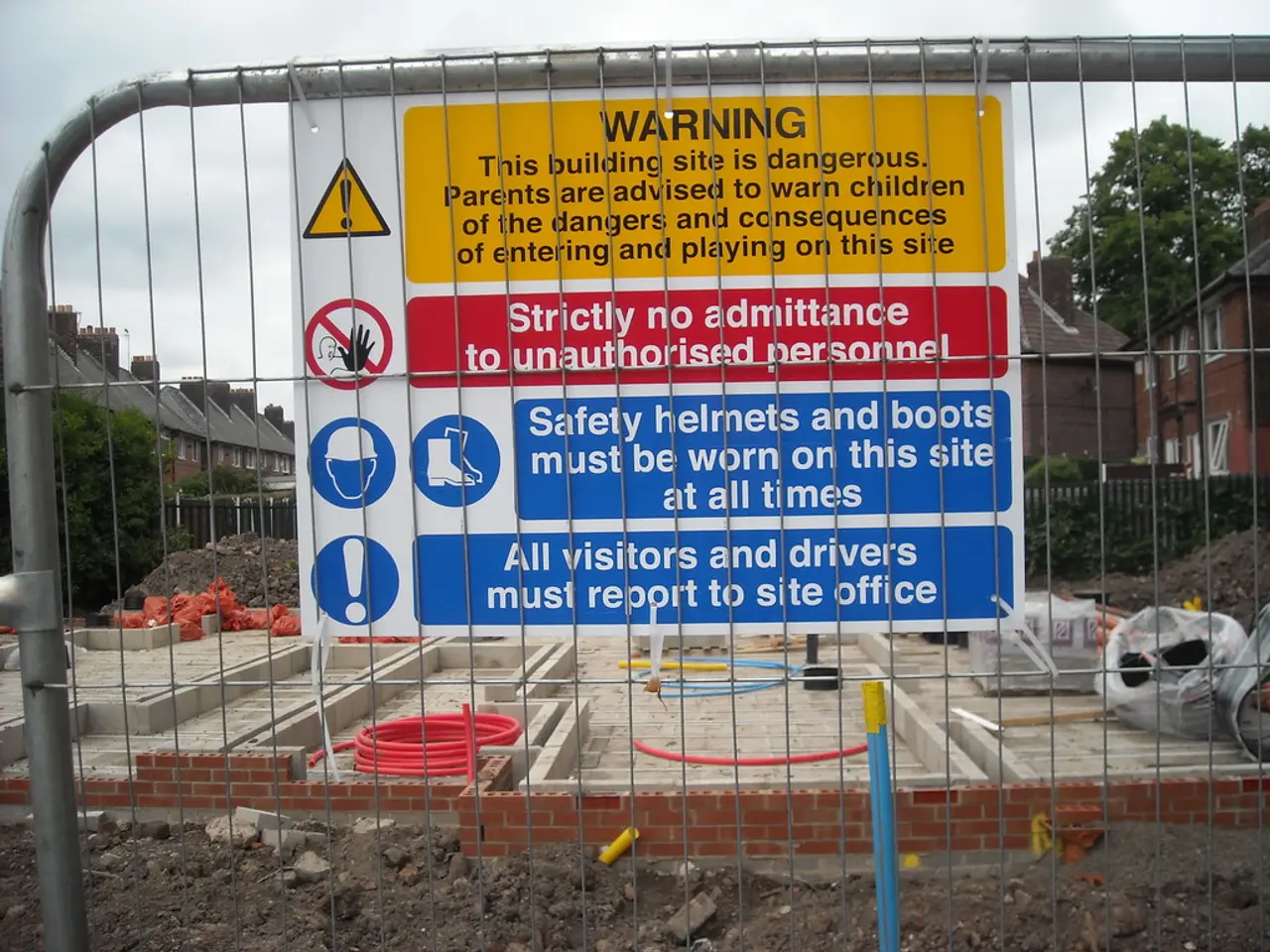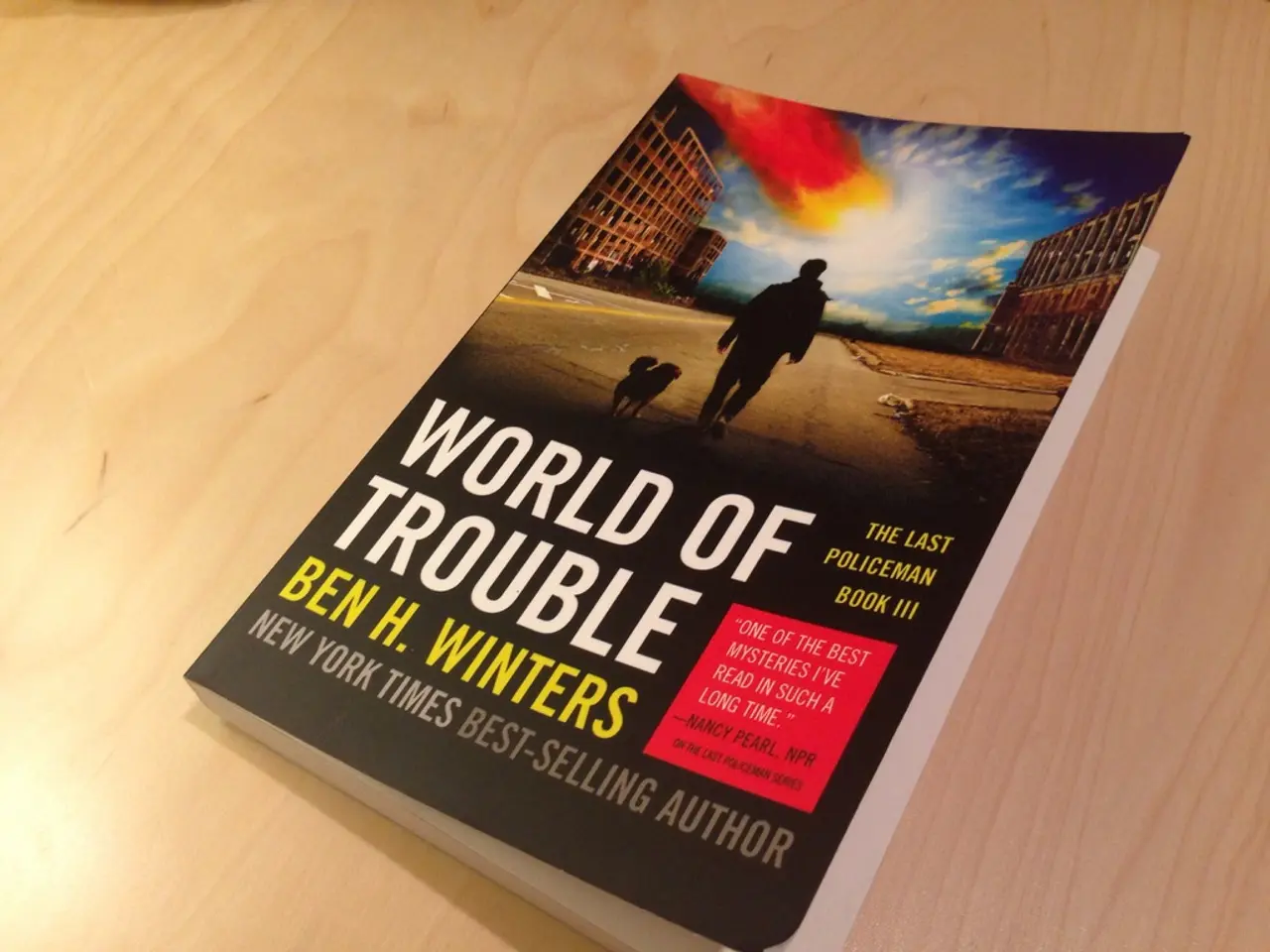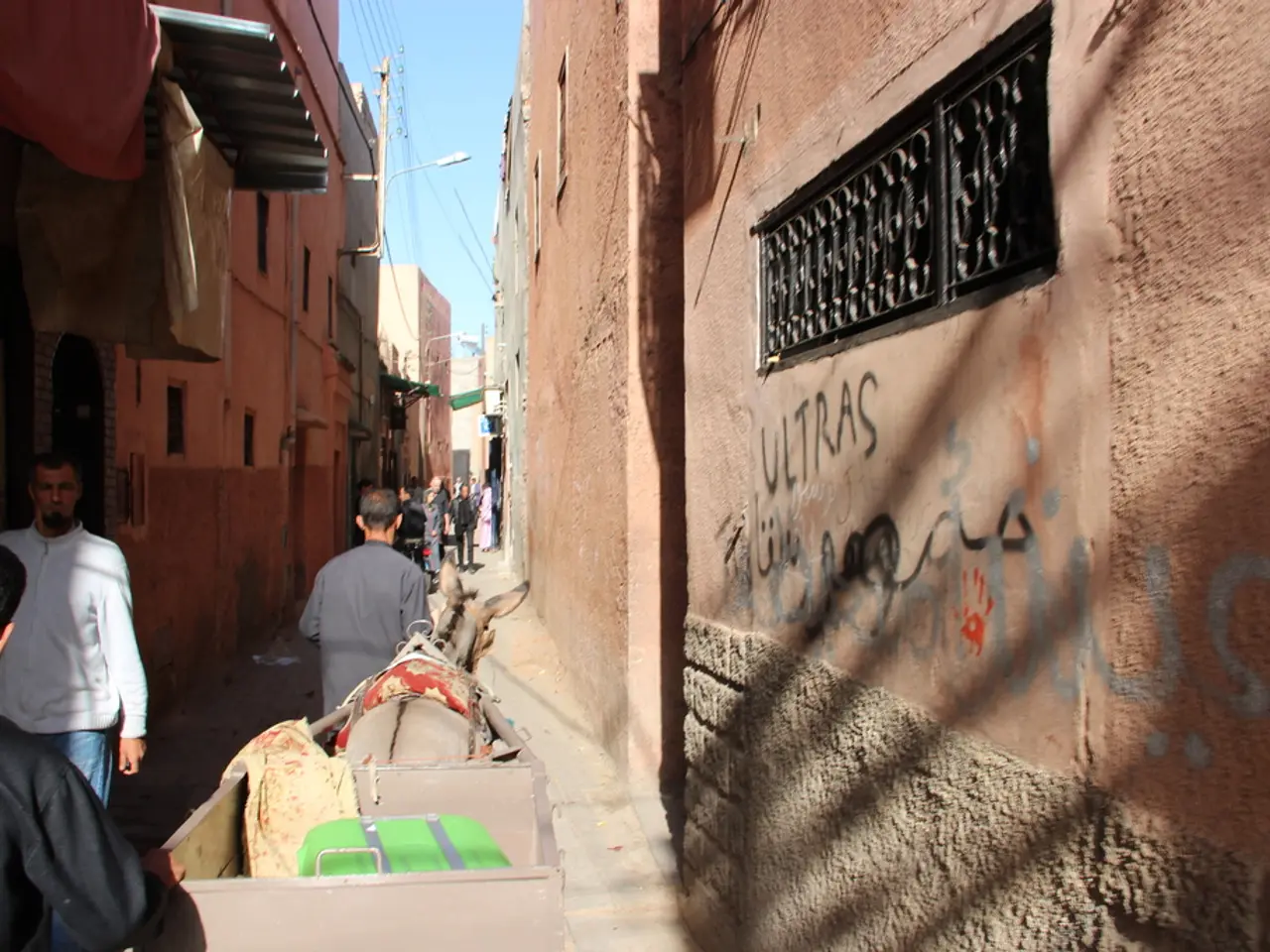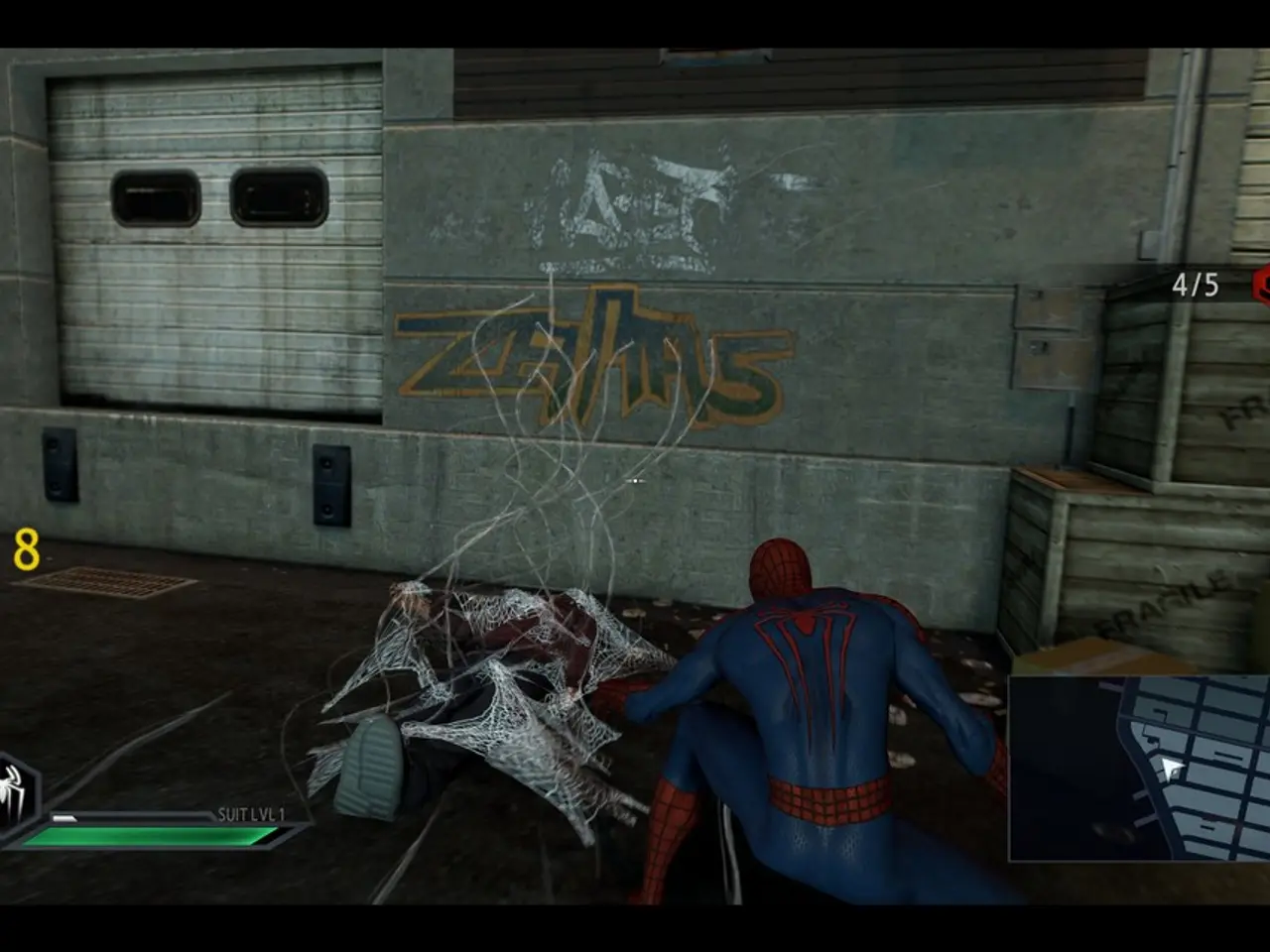Israeli Prime Minister Benjamin Netanyahu's Gaza proposal faces domestic opposition alongside international criticism
The United Nations and various international actors have expressed strong condemnation towards Israel's plan to occupy Gaza City, with concerns that such a military advance could worsen the humanitarian catastrophe in the region and endanger the hostages still in captivity.
As of early August 2025, around 50 hostages remain held by Hamas and other Palestinian armed groups in Gaza, with 28 believed to be deceased from the approximately 250 taken during the October 2023 Hamas attack on Israel. Images showing emaciated hostages forced into degrading conditions have sparked international outrage, described by a senior UN official as "an affront to humanity itself."
Regarding Israel’s plan to occupy Gaza City, this has been met with widespread international criticism. The United Nations Security Council, along with numerous other UN members and international actors, warn that such a military advance risks worsening the humanitarian catastrophe in Gaza and endangering the hostages still in captivity. They characterize Israel’s plan as a potential breach of international law and urge for an immediate ceasefire, unconditional release of the hostages, and unhindered humanitarian access.
The Israeli government announced its plan on Friday to take control of Gaza City, a move that, according to the Israeli military, could involve operating in areas where hostages are being held. This has sparked fear among international actors and human rights organizations, who have warned of the potential danger posed to the hostages in the event of an occupation.
In response to criticism from the army chief, Israeli Prime Minister Benjamin Netanyahu clarified that Israel does not seek to annex Gaza. However, Netanyahu has expressed a desire for a full occupation of Gaza, stating "We're going for total conquest." Opposition leader Yair Lapid believes the plan will lead to the death of the hostages and many soldiers.
The Forum of Hostage and Missing Families strongly opposes Israel's plan to occupy the Gaza Strip, labelling it as abandoning the hostages and ignoring warnings from the military brass and the will of the Israeli public. The Palestinian National Authority presidency, led by Mahmoud Abbas, has expressed energetic rejection and condemnation of the plan, emphasizing that the Palestinian people will not accept dictation or imposition by force.
In addition to the international condemnation, multiple states and international organizations have issued joint statements deploring the dire humanitarian situation in Gaza. They are calling for safe, large-scale humanitarian access to Gaza to address unfolding famine and medical crises. There is broad support for a political solution based on a two-state framework, including ending the occupation and securing peaceful coexistence along pre-1967 borders with Jerusalem as a shared capital, as emphasized by the UN.
The UN Secretary-General António Guterres warned that Israel's decision represents a "dangerous escalation" and risks further exacerbating the already catastrophic situation for millions of Palestinians. The Forum of Hostage and Missing Families and the Palestinian National Authority presidency have both emphasized that the Palestinian people will not accept such escalations.
In an effort to address this issue, the United Nations Security Council will hold an emergency session on Saturday to discuss the risks posed by Israel's plan to occupy Gaza and explore broader political solutions. The international community continues to call for peace, the immediate and unconditional release of the hostages, and an end to the humanitarian crisis in Gaza.
- The international community, including the United Nations, is closely monitoring the French policy-and-legislation towards Israel's plan to occupy Gaza City, given the potential impact on war-and-conflicts in the region and the hostages still in captivity.
- Media outlets worldwide have covered the general-news of the hostage crisis in Gaza, with particular attention paid to the car-accidents and fires that have occurred in overcrowded refugee camps due to the worsening humanitarian catastrophe.
- As part of the crime-and-justice response to the ongoing crisis, the International Criminal Court (ICC) is investigating alleged war crimes committed by both Israeli forces and Hamas, with a focus on the treatment of hostages and the well-being of civilians in the region.
- With the escalating political tensions, there has been increased scrutiny on politics and diplomacy surrounding the Middle East conflict, with Western countries urging for calm and a peaceful resolution that prioritizes the safety and welfare of all those affected, including the hostages, Palestinian civilians, and Israeli soldiers.






